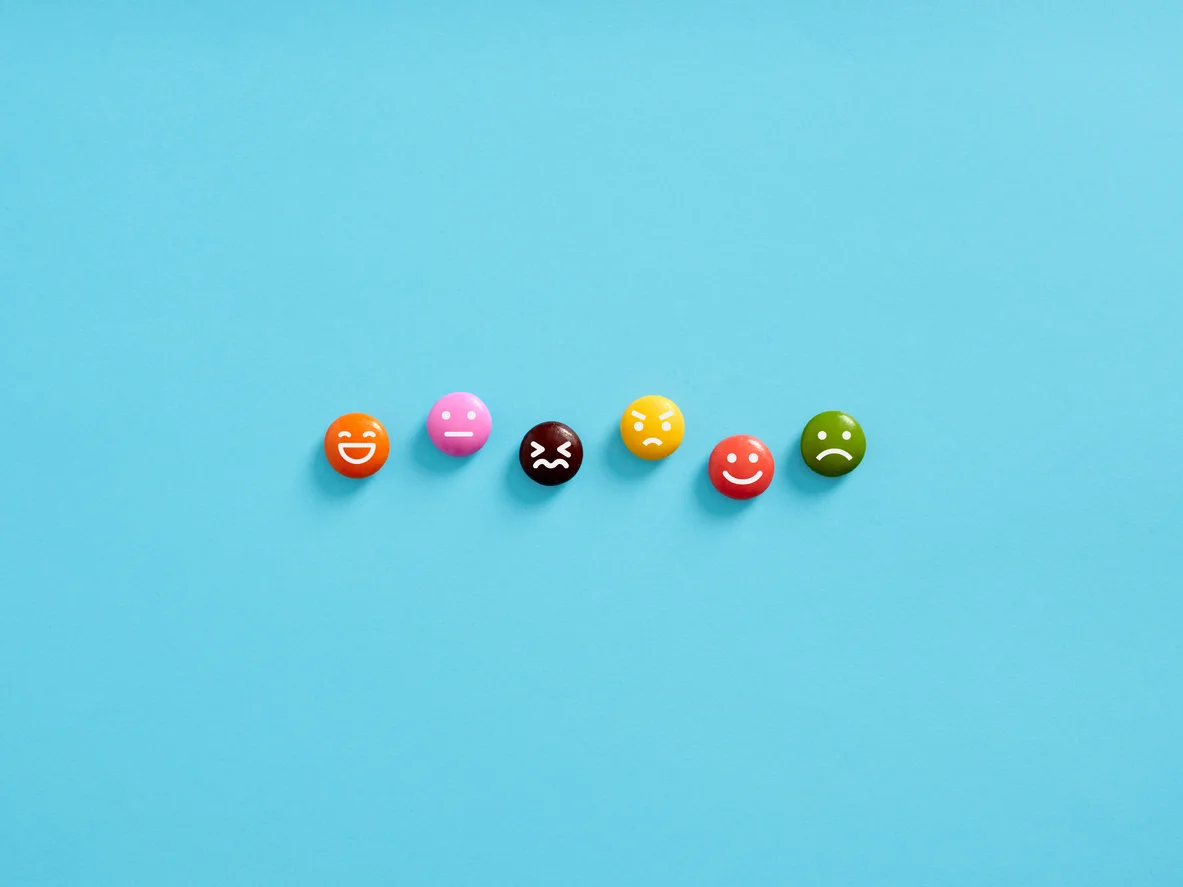Learning to love oneself is a crucial journey that involves accepting and embracing who we are, just as God accepts and loves us. Comparing ourselves to others only leads to self-hatred and emotional breakdowns. Instead, we should focus on developing solid self-esteem and confidence, accompanied by self-love. Isaiah 43:1-2,4 beautifully captures this idea: “Do not fear, for I have redeemed you; I have summoned you by name; you are mine. When you pass through the waters, I will be with you; and when you pass through the rivers, they will not sweep over you… you are precious and honored in my sight.”
To begin this journey of self-love, we must avoid hating ourselves for our perceived weaknesses. It’s important to remember that we all have flaws, but they should not define our worth. Instead of dwelling on these weaknesses, we can work on changing and improving them. Bad character traits can be overcome if we have the determination and belief in our ability to change. Remind yourself that you are fearfully and wonderfully made, just as you are.
The devil often tries to convince us that we are worthless and undeserving of love, both from God and others. He wants us to believe that we are not enough, leading to self-hate. However, we must remember that God’s love for us is unconditional. Romans 8:1 reminds us that there is no condemnation for those who are in Christ Jesus. If God does not condemn us, then we have no right to condemn ourselves.
As believers, we are new creations in Christ. 2 Corinthians 5:17 tells us that the old things have passed away, and the new has come. It is through Jesus’ sacrifice that we are forgiven and loved, even in our unlovable state. We must learn to forgive ourselves and rely on the mercy bestowed upon us by Jesus. Christ’s love for us is not based on what we have done, but on what He has done for us.
Learning to love ourselves begins by going back to God. He reveals to us who we were and who He has made us. He reminds us that we have been justified, redeemed, and purchased with His precious blood. Our past may have been filled with mistakes and pain, but it is not beyond the forgiveness of God. He invites us to reason with Him and promises to make us glow despite our stains. We must let go of our past and embrace the newness of life that awaits us in Christ.
Being different should not lead us to hate ourselves. Jesus Christ was different from everyone else, yet He did not hate Himself. Instead, He embraced His uniqueness and remained bold and confident. Similarly, we should let the positive aspects of ourselves help us embrace our individuality.
When guilt and self-hate come knocking, we must remind ourselves of God’s promises. We are justified, redeemed, ransomed, and forgiven. We are heirs to the kingdom and more than conquerors. We are made in the image of God, and that alone makes us worthy of love and acceptance.
In conclusion, learning to love ourselves is a journey that requires acceptance and embracing of who we are, just as God accepts and loves us. We must avoid comparing ourselves to others and hating ourselves for our weaknesses. Instead, we can work on changing and improving ourselves. The devil may try to convince us otherwise, but we must remember that God’s love for us is unconditional. We are new creations in Christ, forgiven and loved. By going back to God, we can find the strength to love ourselves and embrace our uniqueness.
Learn how Jesus fearfully and wonderfully made you by taking our Biblical DISC® Assessment.










